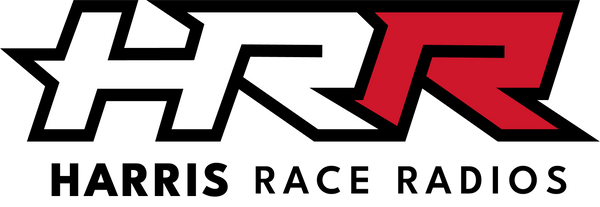
Radio Licence Q&A
Tegan HarrisThis page gives you everything you need to know about New Zealand Radio licence.
VHF (very High Frequency) UHF (ultra High Frequency) Citizen Band (CB) radios. UHF Citizen Band radios from the USA (FRS or GMRS) or from the UK or Europe (PMR446) and other countries are on frequencies which will cause interference and must not be brought into New Zealand.
See RSM Leaflet below.
RSM-Illegal-Two-Way-Radio-Leaflet-FINAL.pdf
Who Does This Licence Apply To?
Persons or other legal entities that own and operate land based radio transmitting equipment for communication between mobiles and/or portable sets either direct or through a radio repeater station.
Do You Want to Operate Radio Equipment in the Fixed Services Bands?
Do you want to operate a land mobile service between mobiles operating in proximity to each other or within a confined area such as a stadium, motorsport venue, commercial or industrial complex, or on a construction site?You need to apply for a land mobile simplex licence. Unless you are operating on NZ CB or NZ PRS.
The Equipment used must comply with New Zealand’s standards and must be labelled correctly.
Citizen Band Radio (CB) or Personal Radio Service (PRS)This general user radio licence notice covers the operation of radio transmitting equipment used for citizen band radio, also known as “CB Radio” or “Personal Radio Service (PRS)” (but does not include PRS repeaters).
How Do I Apply for a Radio Licence?
You need to apply to Radio Spectrum Management (RSM) for a licence, your licence's application must be engineered by a (ARE) approved radio engineer.RSM encourages radio users to work with approved radio engineers (AREs) and certifiers (ARCs) from the radio industry to plan and obtain suitable licences for their desired service.
Rex Harris ARC127 will be happy to help with your Radio License Application.

Why Do Radio Transmitters Have to Comply With License?
Radio communications licences are used nationally and internationally to manage the interaction between radio services and to limit harmful interference to receivers. All radio transmissions in New Zealand are authorised by licences issued in accordance with the Radiocommunications Act 1989.Compliance
Radio Spectrum Management (RSM) is responsible for ensuring that licensing compliance requirements are met.
We achieve this by:
- Conducting audits of radio transmitters to ensure that the transmissions are in accordance with the terms and conditions of a licence. Following up non-compliance by issuing Warning Notices and Infringement Notices, or prosecution proceedings as appropriate.
- Radio communication Act 1989 Radio communications Regulations 2001 Radio communications Notices and Codes of Practice prescribed in the New Zealand Gazette.
What Is a Licence?
A licence is a record in the Register of Radio Frequencies (the Register) authorising the transmission of radio waves in accordance with technical conditions such as:
- frequency
- location
- bandwidth Modulation characteristics
- power Equipment performance standards.
What Risks Arise from Not Having a Licence, or Not Complying With the Conditions Shown on a Licence?
Licences are about managing the risk of interference to other radio communications services and users. Radio services in New Zealand are planned on the basis of licence information recorded in the Register.
If a transmission is not recorded in the Register, or is outside the conditions shown on a licence in the Register, there is a risk of interference to existing or new licensed services.
Apart from the costs or risks to life and property caused by interference, there can also be significant costs involved in the investigation, location and resolution of interference.
How Does RSM Encourage and Enforce Compliance With the Licensing Framework?RSM encourages intending r
UHF (ultra High Frequency) Citizen Band (CB) radios UHF Citizen Band radios from the USA (FRS or GMRS) or from the UK or Europe (PMR446) and other countries are on frequencies which will cause interference and must not be brought into New Zealand.RSM encourages radio users to work with approved radio engineers (AREs) and certifiers (ARCs) from the radio industry to plan and obtain suitable licences for their desired service.
The Register is a system that provides the necessary information to enable the planning and creation of licences.
Licence holders can also check their licence information, update their user details and pay fees through the Register.
The RSM auditing program extends to checking samples of new and existing radio services to ensure that correct details are maintained in the Register.A condition of licences is that authorised RSM staff be provided access to radio transmitters to make such checks.
The Regulations provide for infringement notices (with infringement fees) to be issued for offences or for prosecution action to be taken through the Courts.
Suppliers of transmitting equipment are licensed by RSM and are audited to ensure that the radio equipment meets all compliance requirements, such as licences and standards, before being supplied.
Suppliers and licensees each have responsibility for ensuring that transmitters comply with licence conditions, such as frequency and power.
